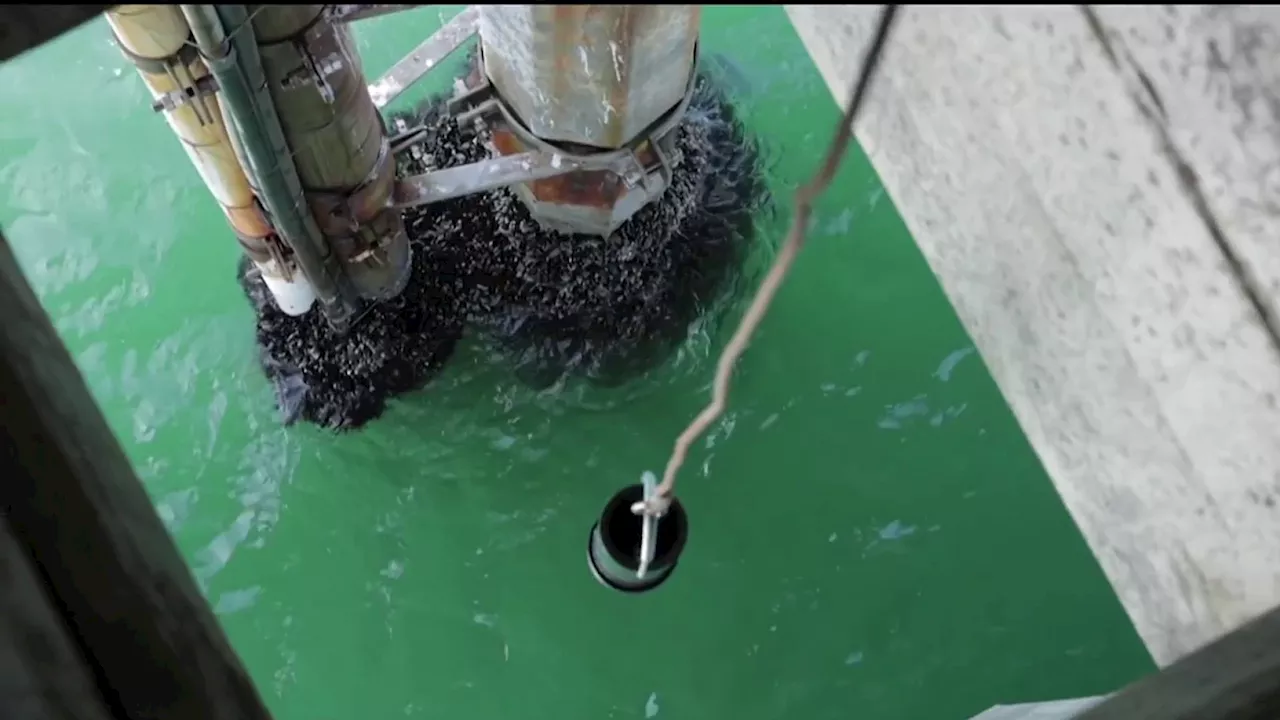Research shows, during four recent major hurricanes, important public safety messaging was drowned out by more trivial social content--including people tweeting about pets, sharing human-interest stories, or bickering about politics.
That's a big problem for officials working to understand where help is needed and to communicate effectively with people impacted by disasters.
"It's like being at a crowded party -- if everyone's arguing loudly about politics, it's hard to make yourself heard over the noise," he explains. Similar patterns played out during other storms, too. During Hurricane Florence, more than half of high-engagement topics involved either animal-related chatter or political arguments, while just 19 out of the top 50 topics involved rescue or public safety messages. During Hurricane Imelda, meanwhile, debates about climate change accounted for almost one-quarter of all high-engagement topics, drowning out higher-stakes safety messages.
The reality, though, is that using social media to support safety and recovery efforts in the wake of natural disasters will remain challenging, because many users enjoy engaging with content that doesn't serve a public safety function. To overcome that, social networks themselves would likely need to step in.
Natural Disasters Environmental Awareness Hurricanes And Cyclones Disaster Plan Political Science STEM Education Social Issues
United States Latest News, United States Headlines
Similar News:You can also read news stories similar to this one that we have collected from other news sources.
 Apple Opens Largest Research Lab Outside US in ShenzhenApple has inaugurated its biggest research lab beyond the United States in Shenzhen, China, aiming to bolster its presence in the competitive Chinese market.
Apple Opens Largest Research Lab Outside US in ShenzhenApple has inaugurated its biggest research lab beyond the United States in Shenzhen, China, aiming to bolster its presence in the competitive Chinese market.
Read more »
 100 years of research at Scripps Pier helps explain our changing climateAt the end of the nearly 1,100 foot long Scripps Pier in La Jolla, there is a tiny room with a lot of history. Every day, scientists lower a small container…
100 years of research at Scripps Pier helps explain our changing climateAt the end of the nearly 1,100 foot long Scripps Pier in La Jolla, there is a tiny room with a lot of history. Every day, scientists lower a small container…
Read more »
 100 years of research at Scripps Pier helps explain our changing climateAt the end of the nearly 1,100 foot long Scripps Pier in La Jolla, there is a tiny room with a lot of history. Every day, scientists lower a small container…
100 years of research at Scripps Pier helps explain our changing climateAt the end of the nearly 1,100 foot long Scripps Pier in La Jolla, there is a tiny room with a lot of history. Every day, scientists lower a small container…
Read more »
 100 years of research at Scripps Pier helps explain our changing climateAt the end of the nearly 1,100 foot long Scripps Pier in La Jolla, there is a tiny room with a lot of history. Every day, scientists lower a small container…
100 years of research at Scripps Pier helps explain our changing climateAt the end of the nearly 1,100 foot long Scripps Pier in La Jolla, there is a tiny room with a lot of history. Every day, scientists lower a small container…
Read more »
 100 years of research at Scripps Pier helps explain our changing climateAt the end of the nearly 1,100 foot long Scripps Pier in La Jolla, there is a tiny room with a lot of history. Every day, scientists lower a small container…
100 years of research at Scripps Pier helps explain our changing climateAt the end of the nearly 1,100 foot long Scripps Pier in La Jolla, there is a tiny room with a lot of history. Every day, scientists lower a small container…
Read more »
 100 years of research at Scripps Pier helps explain our changing climateAt the end of the nearly 1,100 foot long Scripps Pier in La Jolla, there is a tiny room with a lot of history. Every day, scientists lower a small container…
100 years of research at Scripps Pier helps explain our changing climateAt the end of the nearly 1,100 foot long Scripps Pier in La Jolla, there is a tiny room with a lot of history. Every day, scientists lower a small container…
Read more »
